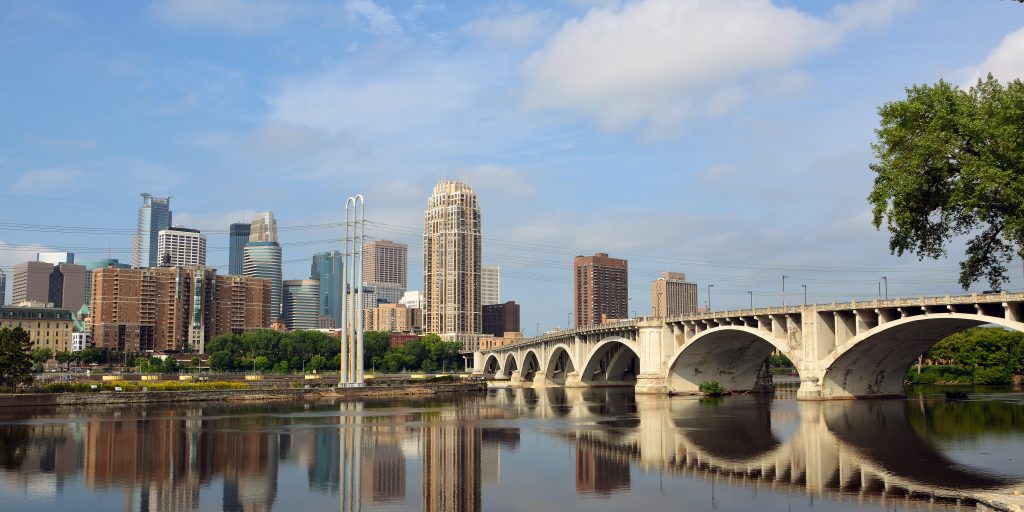Three U.S. cities to adopt Bloomberg Philanthropies Mayors Challenge-winning project to combat climate change
Bloomberg Philanthropies has announced that seven global cities, including three in the United States, will be adopting Stockholm’s Biochar Project, which turns plant waste from parks and homes into a charcoal-like substance that residents can use in their yards to help combat climate change. The project was the winner of the 2014 Bloomberg Philanthropies European Mayors Challenge.
Cincinnati; Lincoln, Neb.; and Minneapolis, along with Darnstadt, Germany; Helsingborg Sweden; Sandnes, Norway; and Helsinki, will each receive up to $400,000 in funding, along with implementation and technical support from Bloomberg Philanthropies to develop city-wide biochar projects and engage residents in the fight against climate change. According to Bloomberg Philanthropies, when biochar is used as a soil fertilizer, it promotes plant growth while simultaneously absorbing carbon from the atmosphere and locking it into the soil while also reducing stormwater runoff.
In a statement, James Anderson, who leads the Government Innovation program at Bloomberg Philanthropies, said, “Stockholm’s Biochar Project is a remarkable example of how a great idea in one city can inspire positive climate action in cities around the world. We are eager to see how civic leaders in these next seven cities build on Stockholm’s lessons learned and take their own efforts to engage residents and reduce carbon emissions to entirely new heights.”
Since winning the Mayors Challenge in 2014 and opening its first of five planned biochar facilities in 2017, Stockholm has produced more than 100 tons of biochar and distributed it to 300,000 citizens. According to Bloomberg Philanthropies, the amount of carbon this biochar will capture is equivalent to taking more than 700 cars off Stockholm streets. In addition, the plant has begun to send energy back into the city’s power grid and is currently heating 80 apartments.
Cincinnati plans to use biochar to repurpose green waste produced by parks, improve urban planting, support the tree canopy in underserved neighborhoods, and incorporate into stormwater management projects.
In Lincoln, the city plans to capture community wood waste for biochar production and use it to support tree plantings, urban agriculture, public gardens, composting and stormwater treatment. The city will build its first biochar production facility working closely with the Nebraska Forest Service, the University of Nebraska and other stakeholders. At a press conference today, Lincoln Mayor Gaylor Baird said, “Together with our partners, Lincoln is innovating to develop solutions to reduce our carbon footprint, create economic opportunity and extend the life of our landfill to improve the soil we rely on to grow.”
Minneapolis will build a biochar production facility and plans to use green waste from the region and harness the heat produced in a low carbon district energy system.
The seven participating cities will also benefit from robust best practice sharing and peer-to-peer networking to share lessons learned in the implementation of their projects. Bloomberg predicts that in total, the projects are expected to produce 3,750 tons of biochar, which would sequester almost 10,000 tons of CO2 per year—the equivalent of taking 6,250 cars off the roads every year.
“It’s great to see Stockholm’s Biochar project spreading around the world,” said Anna König Jerlmyr, Mayor of Stockholm, in a statement. “In Stockholm, Biochar has become an important part of the city’s Climate Action Plan. With Bloomberg Philanthropies’ support for innovative cities, we can continue developing great ideas like the Biochar project, learn from each other and join forces in the fight against climate change.”
For more information on Bloomberg Philanthropies Mayors Challenge, and to see a list of the 2022 winners, click here.




















